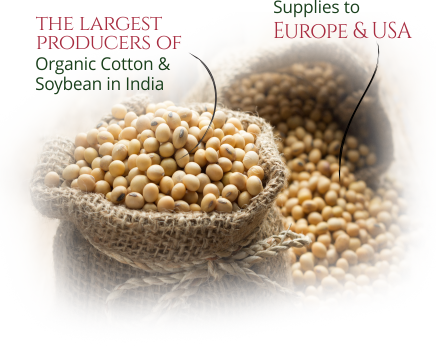Cutting The Clutter
If population growth rate estimates are right, we will need to feed and clothe 9 billion people by 2050. How on earth are we going to do that when we are already battling topsoil depletion, groundwater contamination, increasing costs of agricultural production and the disintegration of economic and social conditions in rural communities?
Sustainable agriculture is the obvious answer.
But what is sustainable is still not so obvious.
In the past two decades, no less than 435 “eco-labels” representing some aspect of sustainability have been introduced. Some address sustainable production, some concentrate on water usage, some on soil fertility while many focus on elimination of chemicals and pesticides.
No matter how thorough or rigorous a sustainability label is, sustainability is not synonymous with any one particular standard or label. On-ground implementation of sustainability is a complex process involving multiple variables. This becomes even more complicated when it comes to agricultural sustainability in a developing nation.

With over 80 years of experience in textile and apparels, Arvind Group has a deep understanding of farming practices in India. This gives it a distinct advantage in navigating the complexities of sustainability.
Established in 2007, with the aim of creating a healthy, sustainable and balanced ecosystem, Arvind Agribusiness takes ahead Arvind Group’s core philosophy of pursuing and manufacturing products that are genuinely sustainable and eco-friendly.
Vision

“To promote a vibrant rural economy that is driven by the sustainable growth of agriculture.”
Objectives


To develop and promote a business model that is environmentally sustainable

To improve farm productivity and farmer incomes

To enhance biodiversity of the rural landscape

To develop a lasting social infrastructure and support system in the region
Mission

“To encourage a transition from conventional cultivation to an sustainable farming system by extending support and coordinating the dissemination of knowledge in a socially fair manner, which will promote the rural economy and create a healthy ecosystem.”
